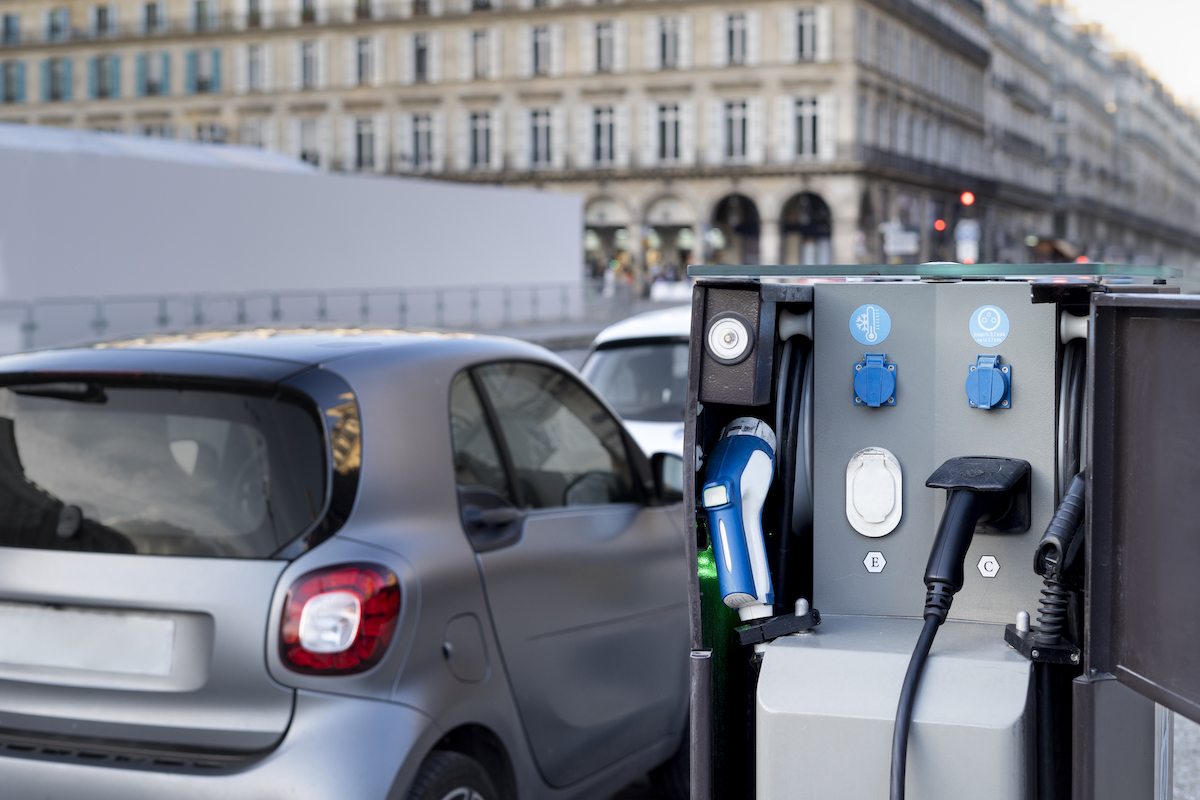Gravity Water Wins City Solution of the Year: Tackling Water Scarcity with Innovation
The 2024 QBE AcceliCITY Resilience Challenge, hosted by Leading Cities in partnership with QBE Insurance Group, has crowned Gravity Water as the "City Solution of the Year." Gravity Water’s cutting-edge technology captures, filters, and stores rainwater, providing a sustainable source of safe drinking water to communities worldwide—addressing
Five No-Cost Pilots Being Offered Globally
Leading Cities Spearheads Urban Transformation with another AcceliGOV edition Urban areas, responsible for over 70% of global CO2 emissions and consuming two-thirds of the world’s energy, stand at the forefront of the fight against climate change and the quest for sustainable
Empowering Global Resilience: How Leading Cities’ AcceliCITY Challenge is Shaping the Future of Smart Urban Solutions
In a world where urban resilience and sustainability are becoming increasingly critical, Leading Cities' AcceliCITY Resilience Challenge stands at the forefront of fostering innovative solutions. The challenge, now in its sixth year, continues to be a beacon for entrepreneurs worldwide,
The 2024 QBE AcceliCITY Resilience Challenge: A Call to Urban Innovators
Leading Cities, in partnership with QBE, has opened the floor for the 2024 QBE AcceliCITY Resilience Challenge, inviting innovators and entrepreneurs across the globe to present their smart-city solutions aimed at enhancing urban resilience. This prestigious challenge, now in its
Unveiling Six Pioneering Pilots for Urban Evolution
In an era where climate resilience is not just a goal but a necessity, cities around the globe are increasingly seeking innovative solutions to confront the escalating challenges posed by climate change and urbanization. As the global urban population surges,
Surprise, Arizona Chosen as First U.S. Site for Automedi’s Innovative Solution to Tackle Plastic Waste
Leading Cities is pleased to announce that the city of Surprise, Arizona, has been selected as the pilot site for an initiative aimed at helping cities and other sites reduce plastic waste. The initiative, developed by UK-based company Automedi, was
Making EV Infrastructure a Reality City Solution of the Year
The 2023 QBE AcceliCITY Resilience Challenge, hosted by Leading Cities in partnership with QBE Insurance Group, concluded this month with the City Solution of the Year awarded to itselectric, a groundbreaking company that’s addressing the critical challenges of electric vehicle (EV) adoption by focusing on
Harnessing IoT and Data Science to Create Smart and Connected Cities
Digitalization has brought about a radical shift in the world of urban planning. Thanks to the data now available, planners have evidence of user activity that allows them to transition from an “I think” position to an “I know” position.
Leading Cities Announces Top 10 Urban Sustainability Solutions for 2023
Leading Cities, the global nonprofit dedicated to advancing city resiliency and sustainability, in collaboration with QBE Insurance Group, is thrilled to unveil the top ten urban technology startups chosen as finalists of the QBE AcceliCITY Resilience Challenge. Now in its











